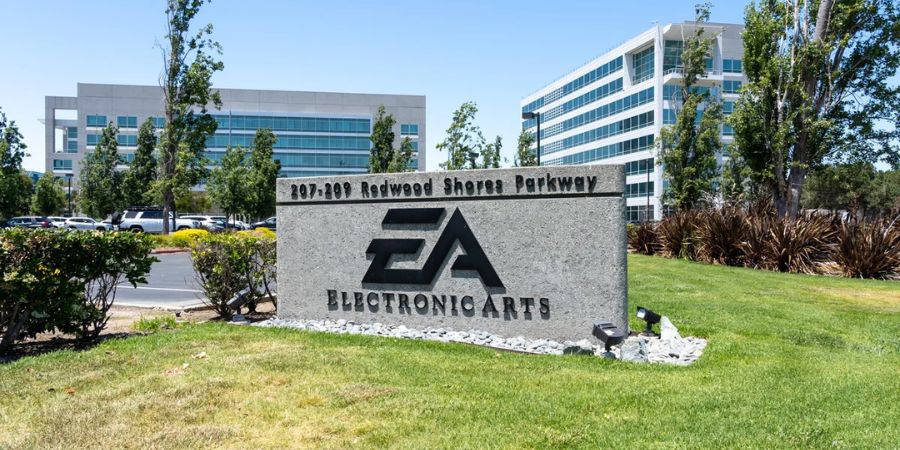Picture a world in which innovation is not only fostered, it’s built into the fabric of society. That’s the sort of world a super-high-tech ministry might build. If such a ministry existed, its purpose wouldn’t be solely about high-falutin’ gadgets or sci-fi concepts. It would be about practical, down-to-earth technologies that solve problems, simplify lives, and keep the nation ahead.
For a country that leads the pack in so many innovations worldwide, defining clear priorities in the technology realm is more than necessary, it’s imperative. Such a cutting-edge ministry would have to support technologies that not only wow but also make sense, scale up, and deliver real impact.
Smart Infrastructure: Creating the Backbone of Growth
The initial priority area would have to be intelligent infrastructure. Buildings, roads, public transport, and even waste infrastructure can be energized with digital technology. From intelligent water systems to intelligent traffic signals, real-time powered infrastructure makes cities cleaner, more efficient, and safer.
For instance, picture a city where potholes are repaired before anyone has complained about them, streetlights change their brightness depending on pedestrian movement, and energy bills decrease because buildings automatically consume less power outside of peak hours. These aren’t fantasies, these are possibilities with the right technology.
A ministry that is super-high-tech can develop these systems from scratch, utilizing both public and private partnerships, and concentrating on time-saving, money-saving, and resource-saving solutions.
Healthcare That Thinks Ahead
Healthcare isn’t just doctors and hospitals anymore. It’s about early intervention, tailored medicine, and preventing illness before it occurs using technology. A really high-tech ministry should spend on digital health platforms, wearable gadgets that monitor vital signs, and artificial intelligence-enabled tools to make doctors’ decisions better.
Telemedicine is one such advancement that gained popularity during the pandemic and continues to grow. But what if it could go beyond just video calls? Think of platforms that connect patients to specialists anywhere in the world, or devices that send real-time health data to your doctor, even while you’re asleep. Prioritizing technology in healthcare doesn’t just make systems better, it saves lives.
Education That Moves With the Times
The education system, particularly in a country as big and heterogeneous as the United States, must adapt to changing times. A technology-oriented way of learning could correct gaps, offer improved access, and personalize learning.
With artificial intelligence and virtual reality, students can be taught in a way that had not been available before. Envision children going on a simulated tour of ancient Egypt, or studying science through experiments in a virtual laboratory. Technology like this makes learning fun, but what’s more important is that it makes learning work.
The ministry of super-high-tech could lead the way in assisting schools and colleges nationwide to implement smart learning systems that are affordable, inclusive, and flexible enough to accommodate each student’s requirements.
Clean Energy and Sustainable Tech
Regardless of how developed a country gets, it cannot afford to overlook the relevance of sustainability. Clean energy now is not so much about shifting to solar or wind. It’s about deploying smart grids, enhancing battery storage, and making homes that waste less and live more.
A high-tech ministry should regard clean energy as a priority, both to safeguard the environment and to ensure the nation’s energy future. Financing green startups, designing smart city plans, and driving innovation in battery technology would be a great step in this direction.
Cybersecurity: Safeguarding What Matters
As all of life goes digital, from shopping to banking to healthcare, keeping personal and national information secure becomes a non-negotiable. Cybersecurity is no longer about preventing hackers. It’s about establishing trust in the systems that people use every day.
A super-high-tech ministry would have to see to it that security tools are continuously updated, user privacy is honored, and even small businesses are provided with protection. And this includes public education, educating ordinary people how to secure their data and identify online threats.
A Ministry That Leads with Purpose
At its core, a super-high-tech ministry would not be merely about systems or machines. It would be about people. All innovation, all investment, and all policy should have one simple aim, making life better for the citizens.
Whether it’s assisting a person to receive better healthcare, aiding a student in their learning process, or just making a neighborhood safer with intelligent lighting, technology must always be based on human needs.
Long term, the victory of such a ministry wouldn’t be counted simply in devices brought into being or networks established, but in the every-day impact that it has on people’s lives.
Conclusion
A super-high-tech ministry might be a turning point, particularly if it sets off on the right course from the start. If it targets the right technologies to matter, such as smart infrastructure, advanced health care, digital education, clean energy, and robust cybersecurity, it can be an engine of powerful national progress.
These are not distant aspirations. They are realizable, achievable, and imperative actions for any nation that wishes to remain future-proof. This is not only a matter of possessing the finest technology, it’s about leveraging the technology in the optimal manner.








